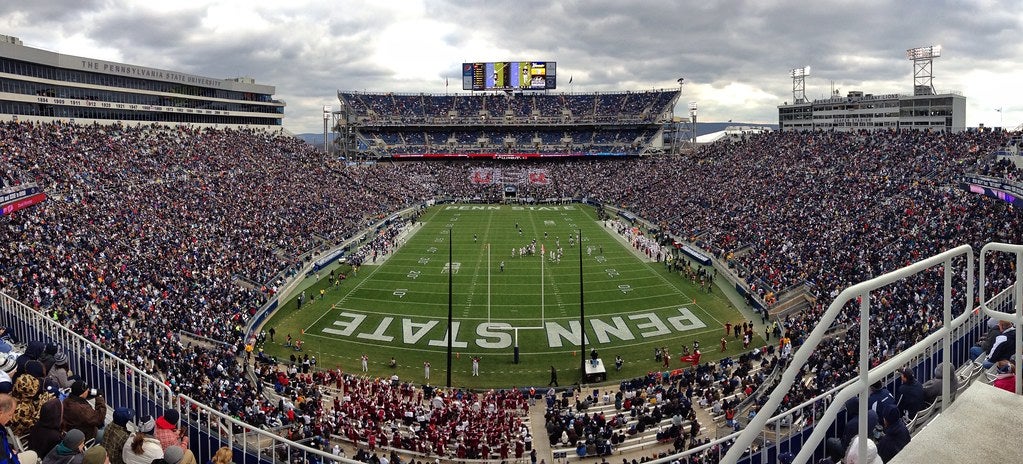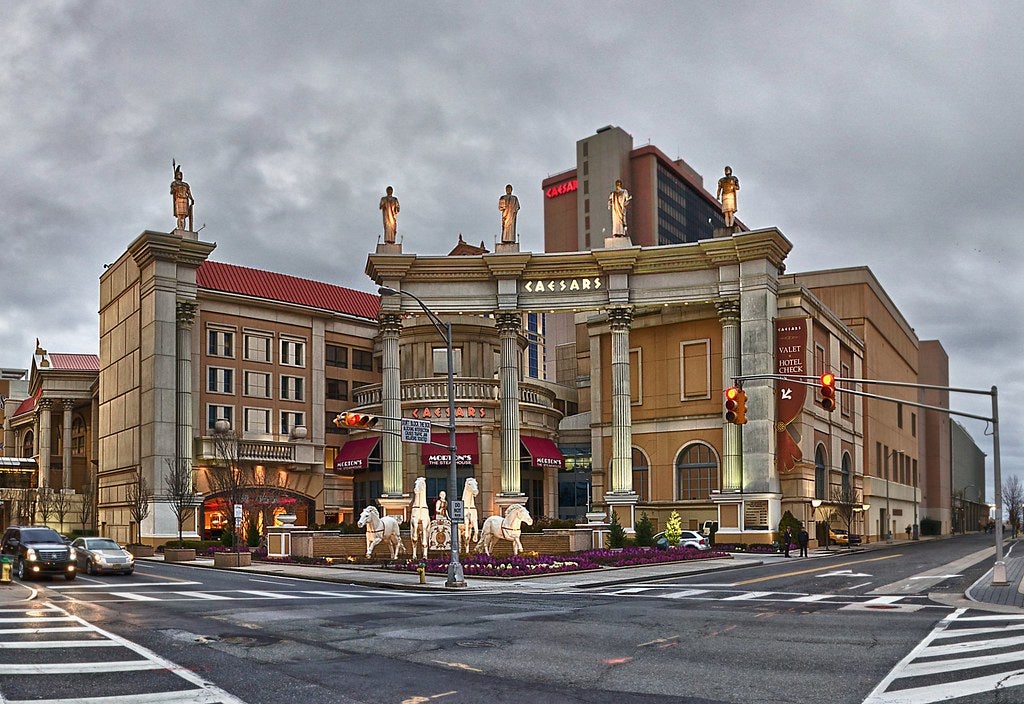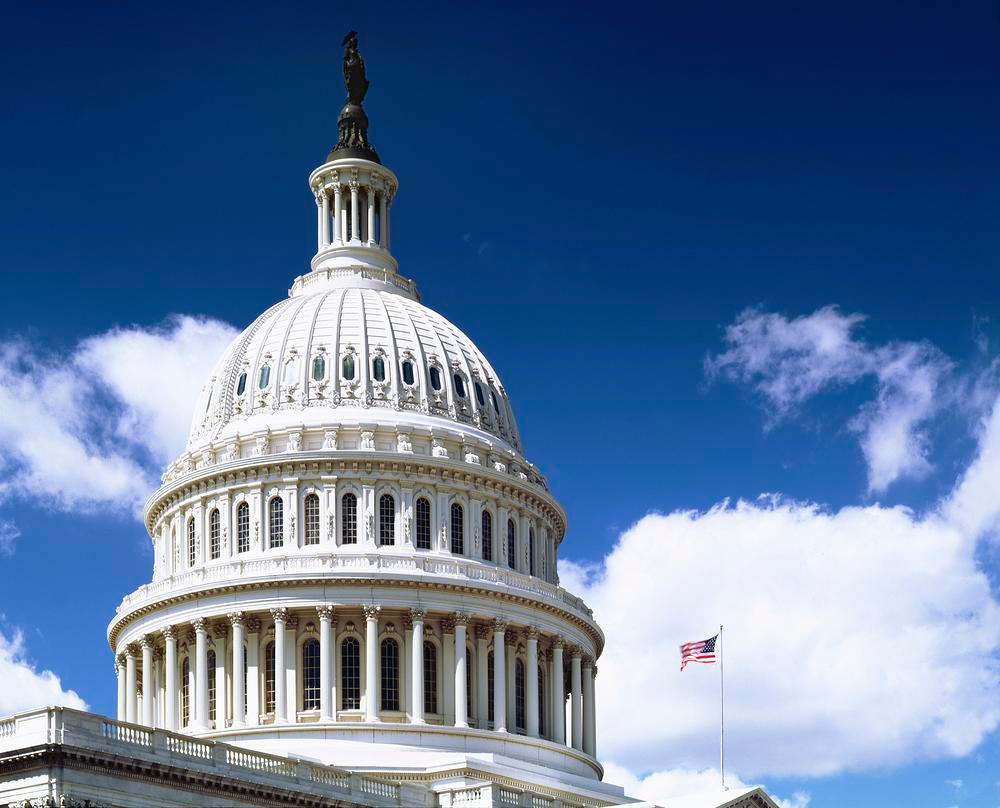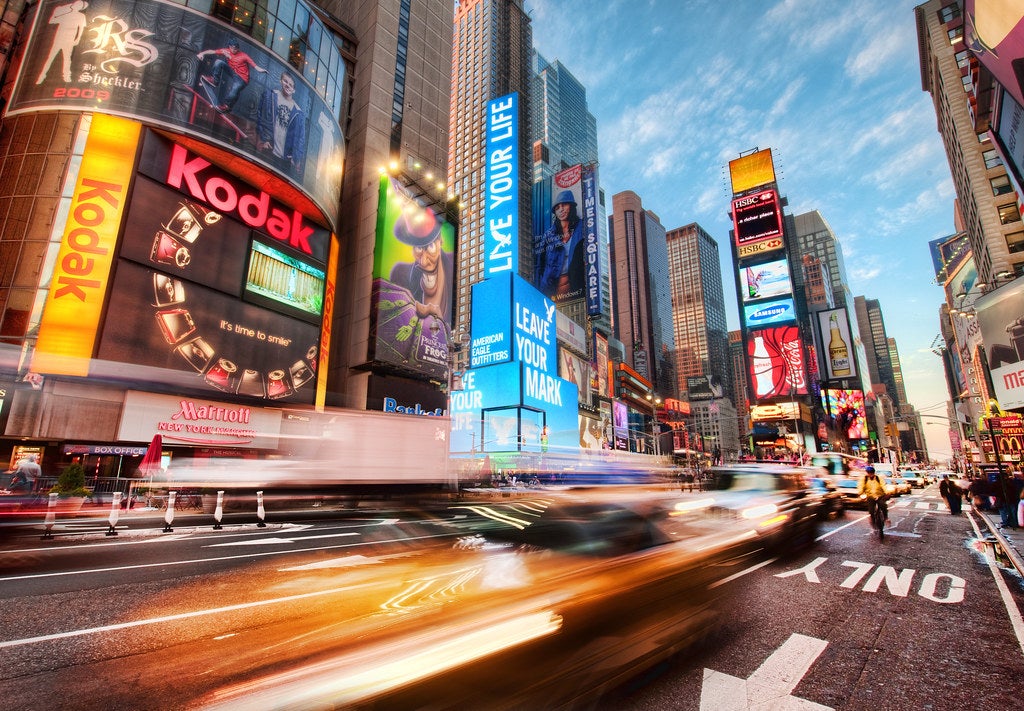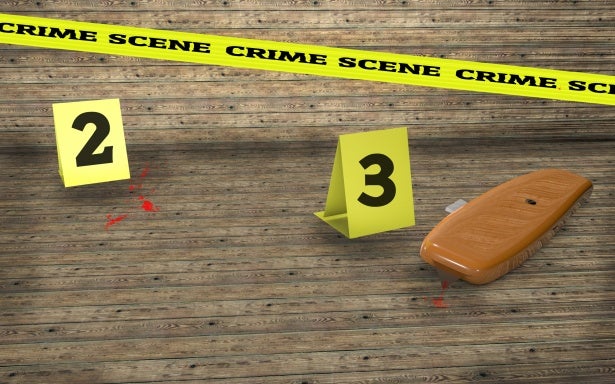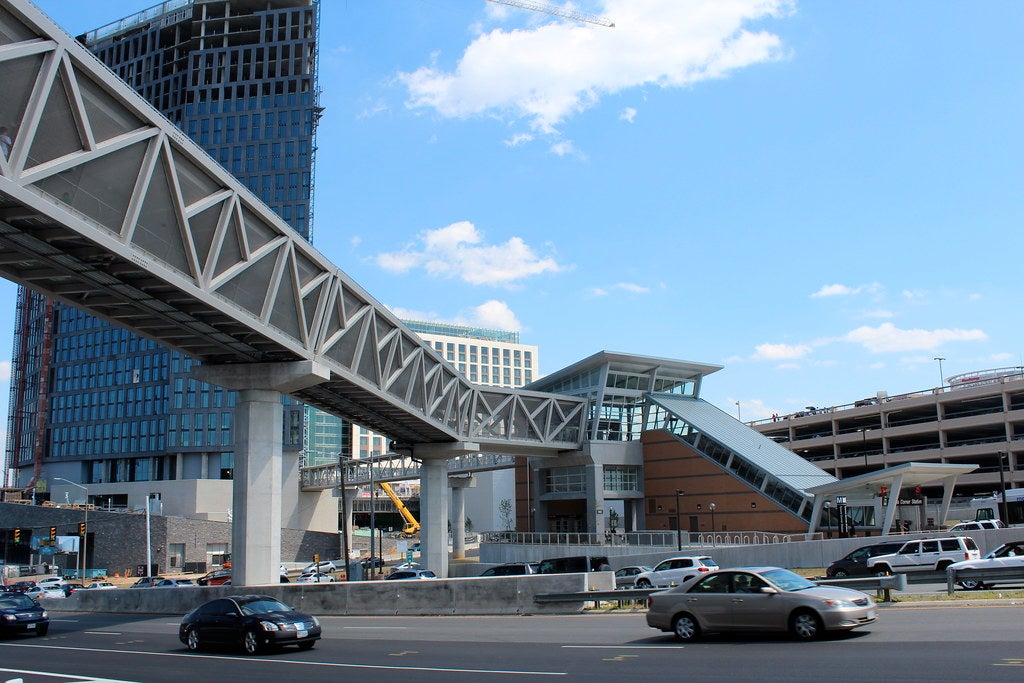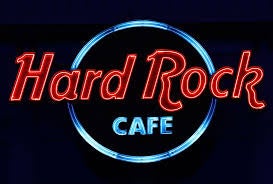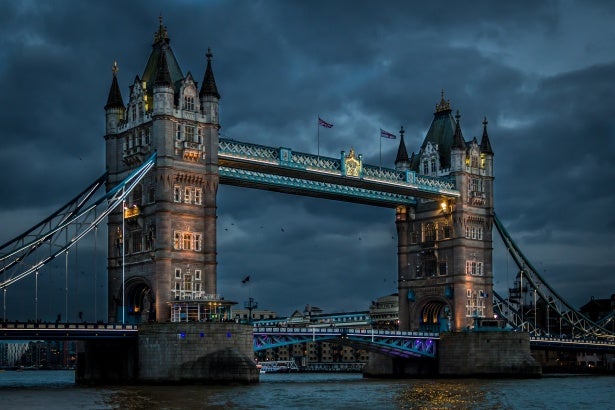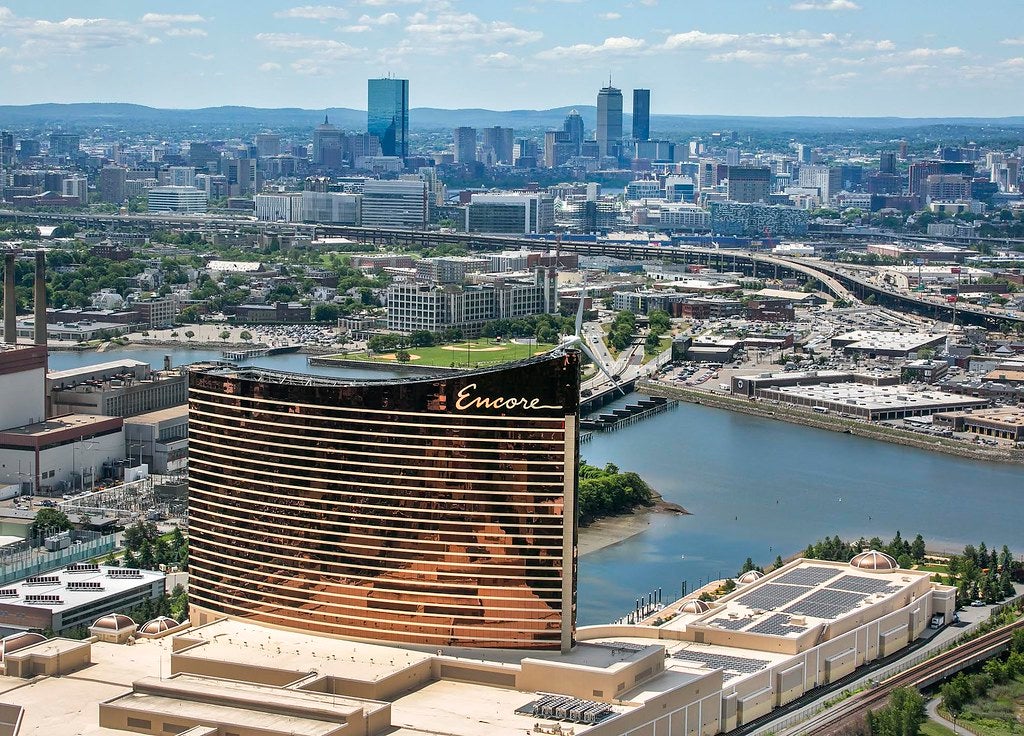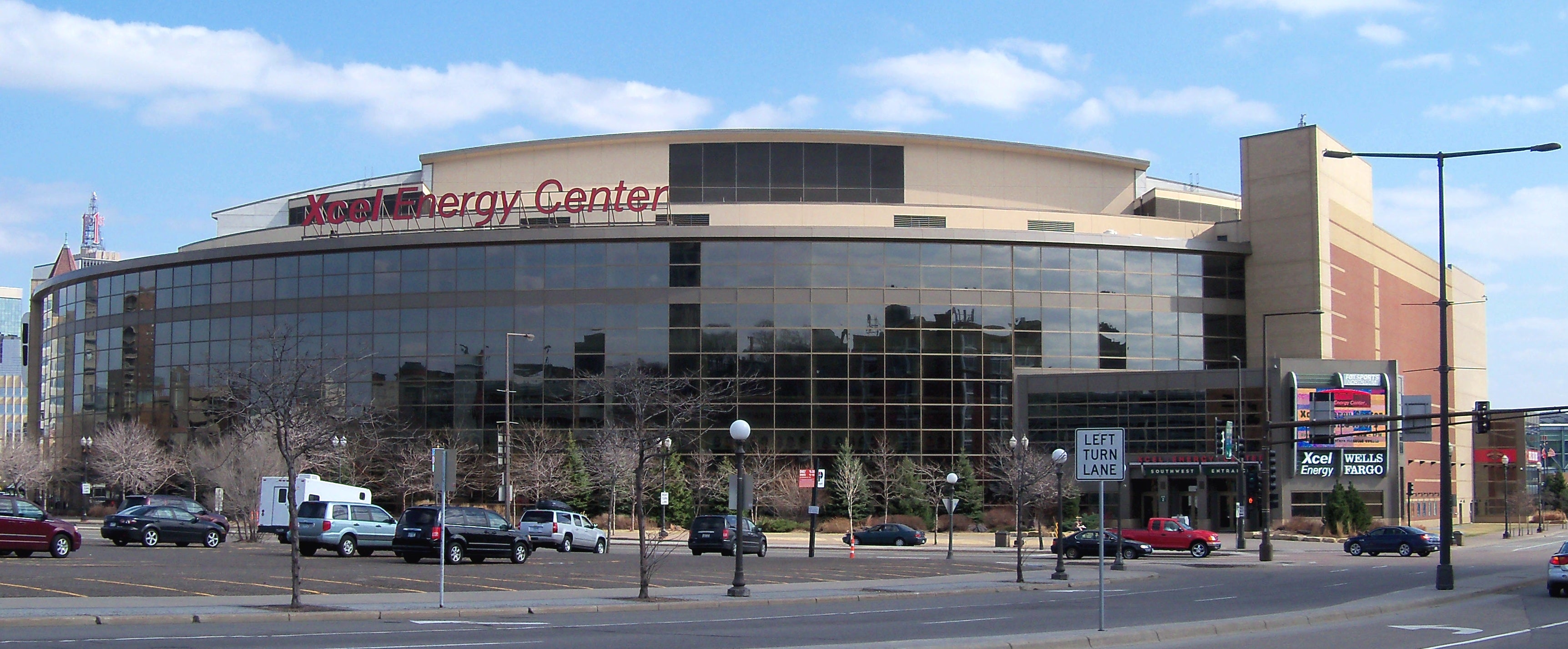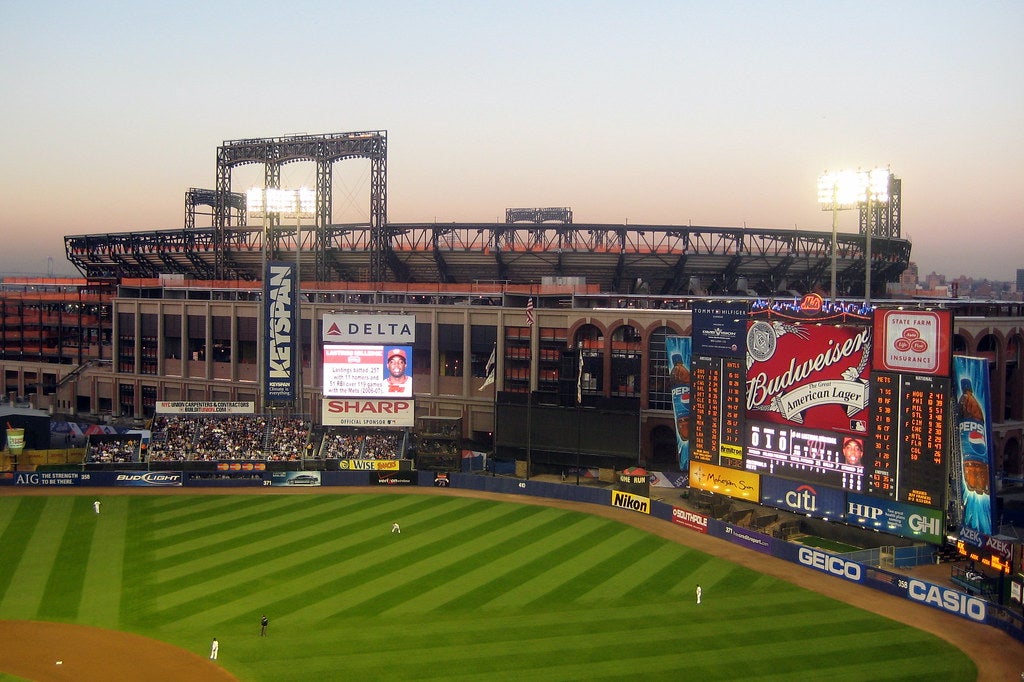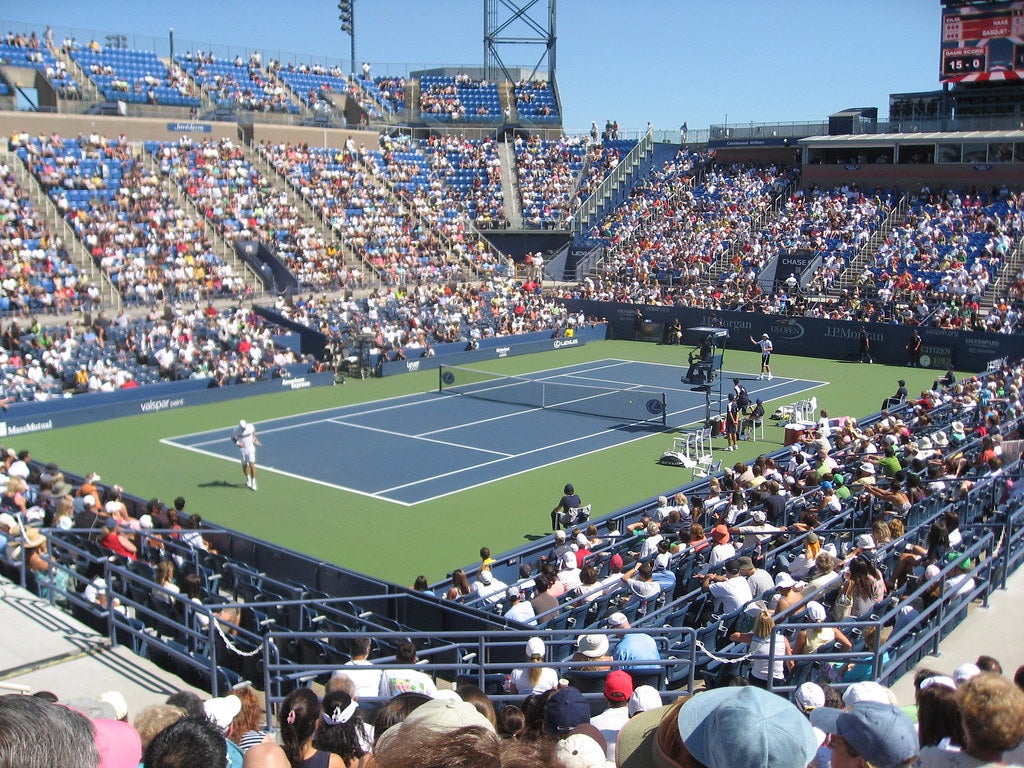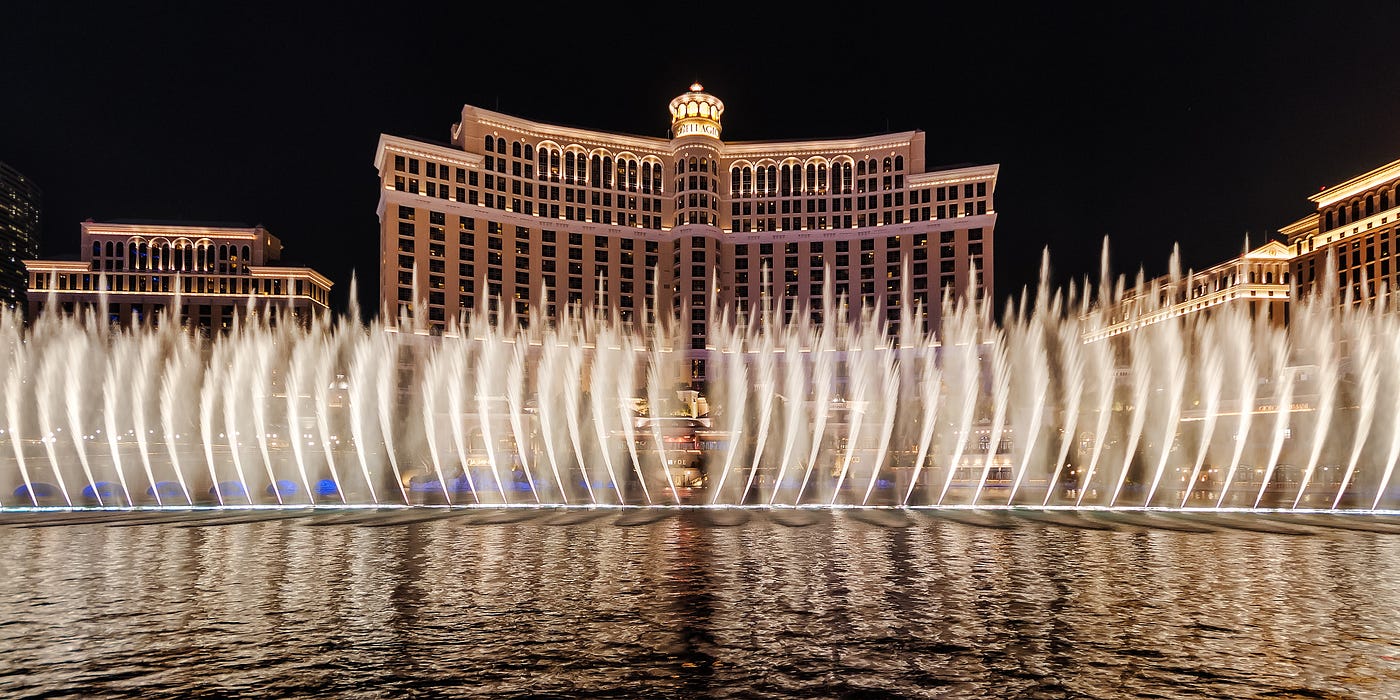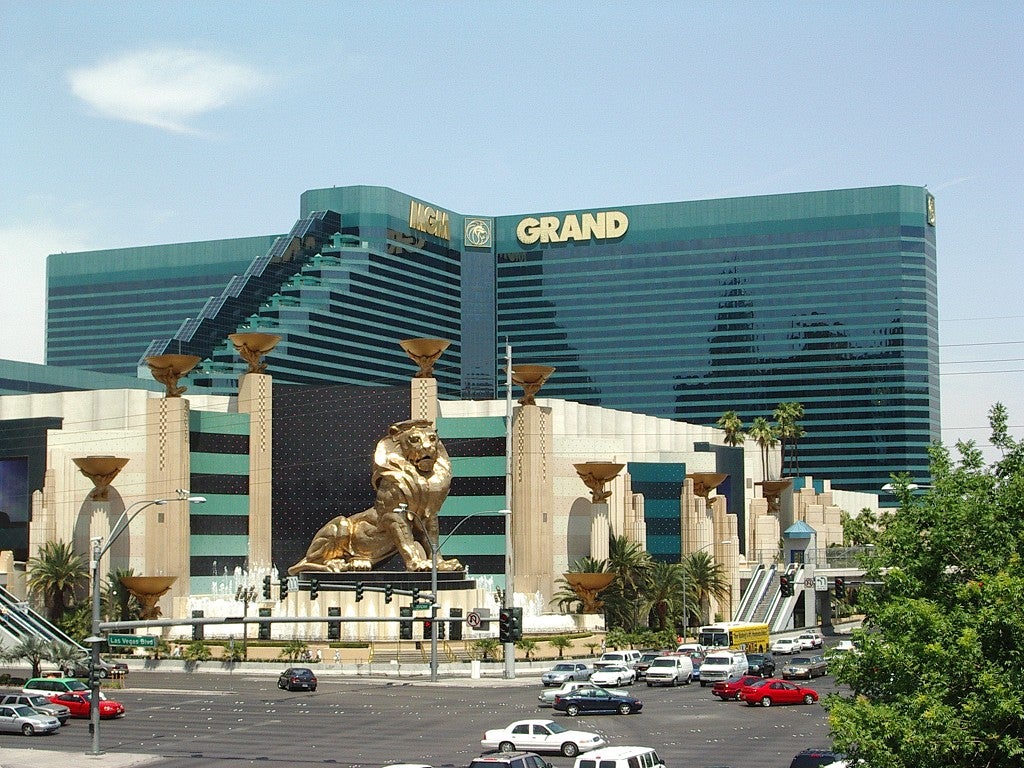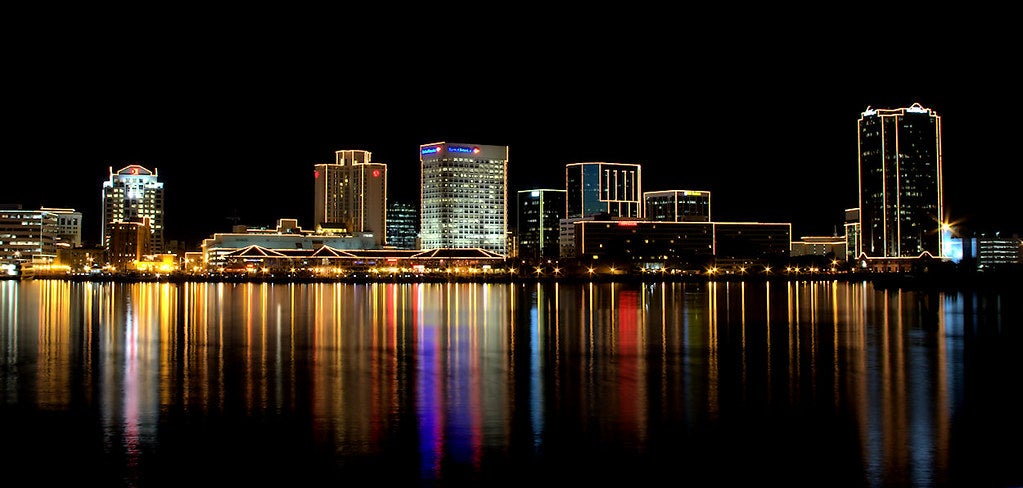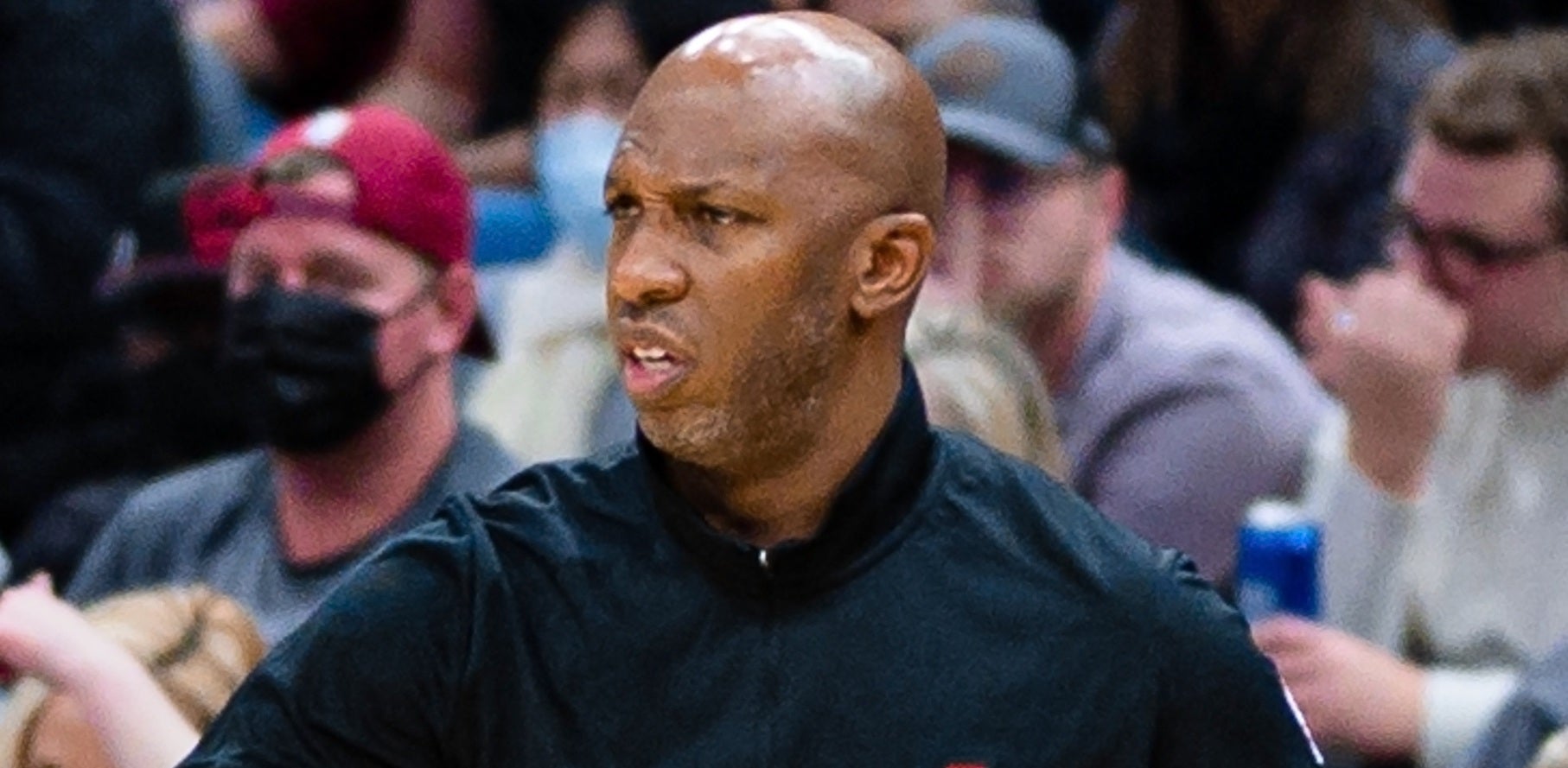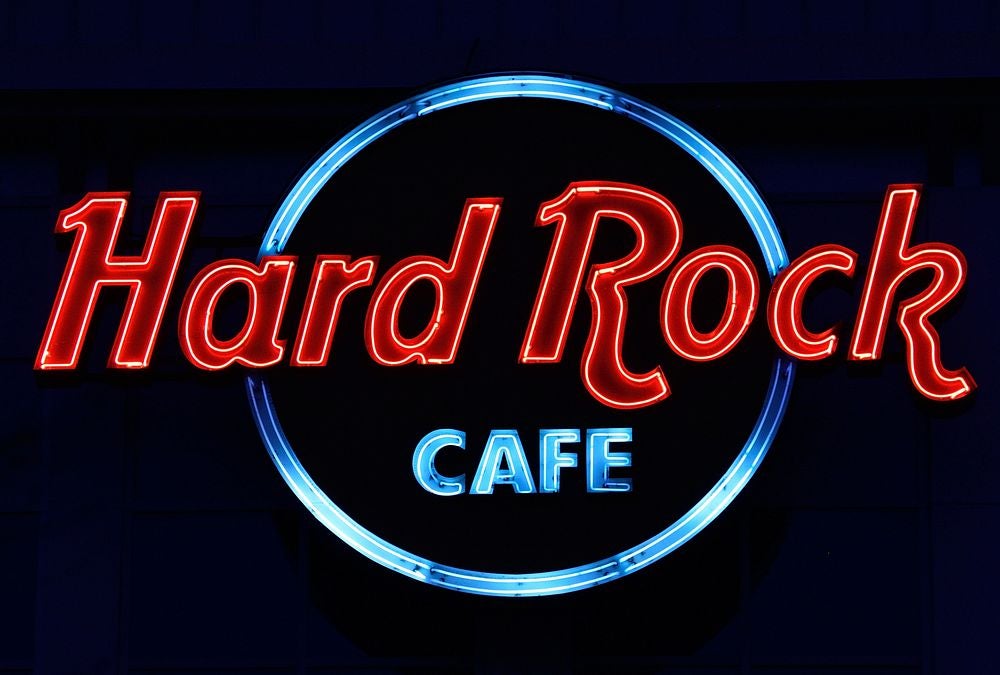Failed checkpoints
The PGCB said that the onus is on casinos to identify individuals on the self-excluded list and deny them access to slot machines, table games, poker rooms, and other common casino amenities.
Casinos also may not cash checks or provide loans to self-excluded individuals.
According to a settlement between the PGCB and The Cordish Companies, the owner and operator of the Live! Casinos & Hotels chain, a self-excluded individual in December 2021 was allowed to gamble on 10 slot machines.
A casino representative checked their identification prior to granting them access, but the casino database didn’t flag their name due to a middle initial listed on the visitor’s ID.
In the same month, a self-excluded patron gambled $36,900 during a 55-minute blackjack session.
In November 2022, a roulette player risked $9,600 and cashed out for $4,700 during a 21-hour trip to the casino.
All of these instances fly directly in the face of the nature of the self-exclusion list, which was created to help protect problem gamblers or gamblers with problematic tendencies from themselves.
The PA gaming market
In April, the PGCB issued a $10,000 fine to Washington Trotting Association, LLC, the operator of Hollywood Casino at the Meadows in Washington County, which is just about a half-hour from Pittsburgh.
The fine was awarded after the casino was found to have allowed a self-excluded gambler to use a slot machine and cash checks at the casino.
The PGCB also recently announced that it added five people to the iGaming Involuntary Exclusion List due to fraudulent transitions.
In one case, two people used false identification to open an iGaming account that they then filled with fraudulent funds. They also withdraw the funds from that account without participating in any gaming activity.
The pair created 20 different accounts, which violates the operator’s terms and conditions.
Bans were also handed to a person who illegally requested and was given a reversal of payment to a credit card for $11,125, and to another who did the same for $21,600.
Online casinos are only legal in seven states, Pennsylvania being one of them.
PA’s gaming market brought in $5.7 billion from gambling last year, and it is on pace to smash that record in 2024.


